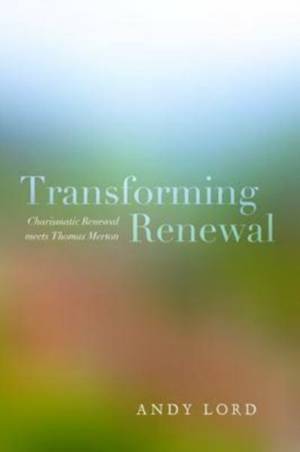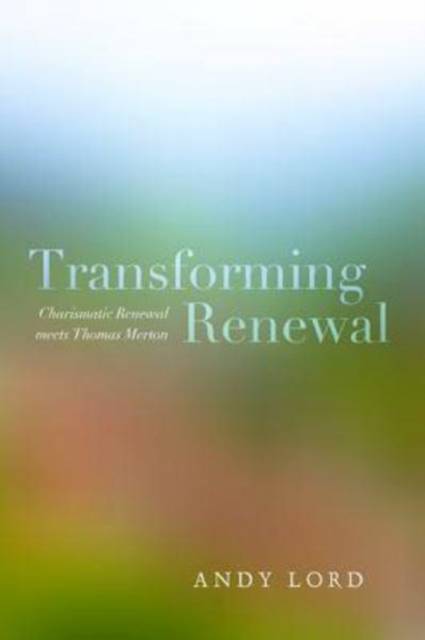
- Retrait gratuit dans votre magasin Club
- 7.000.000 titres dans notre catalogue
- Payer en toute sécurité
- Toujours un magasin près de chez vous
- Retrait gratuit dans votre magasin Club
- 7.000.0000 titres dans notre catalogue
- Payer en toute sécurité
- Toujours un magasin près de chez vous
39,45 €
+ 78 points
Format
Description
Pentecostal and charismatic renewal movements have seen great growth over the last century and have engaged with many Christian traditions. Yet there are signs that all is not well, and there is a need to develop theologies of renewal that engage with practice and across the traditions if the movements are to continue to grow. In particular, this book seeks an ecumenical engagement between David Watson and Thomas Merton, leaders in the charismatic and monastic renewal movements. The aim is to reflect on the theological roots of these renewal movements through a study of particular people who lived them in practice and sought to help others understand how the triune God was at work. This is done against the wider background of contemporary renewalist theology to develop constructive proposals for renewal theology in the future. Receptive ecumenism provides the method for bringing the different voices into conversation in ways that also point forward in approaches to ecumenical dialogue. It is thus a study relevant to those seeking new ways in theology, those involved in renewal and ecumenical movements, students of Thomas Merton, and all who seek to better understand the Christian renewal movements that have swept the world.
Spécifications
Parties prenantes
- Auteur(s) :
- Editeur:
Contenu
- Nombre de pages :
- 200
- Langue:
- Anglais
Caractéristiques
- EAN:
- 9781625640543
- Date de parution :
- 12-01-15
- Format:
- Livre broché
- Format numérique:
- Trade paperback (VS)
- Dimensions :
- 152 mm x 229 mm
- Poids :
- 276 g

Les avis
Nous publions uniquement les avis qui respectent les conditions requises. Consultez nos conditions pour les avis.






